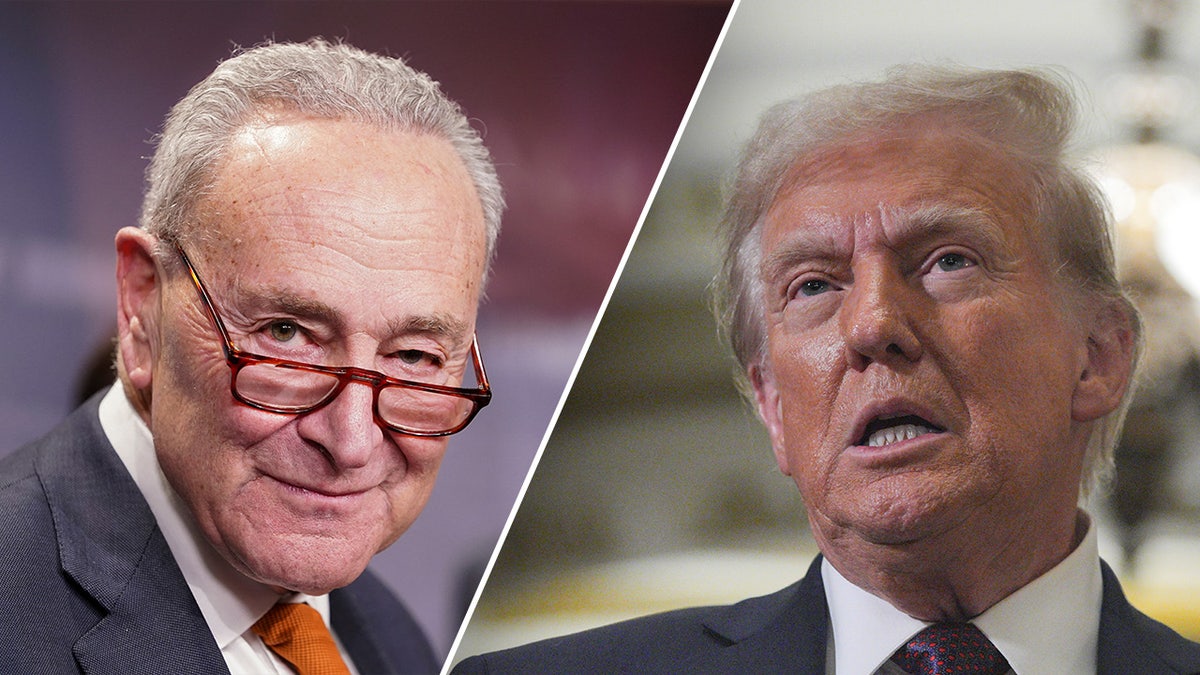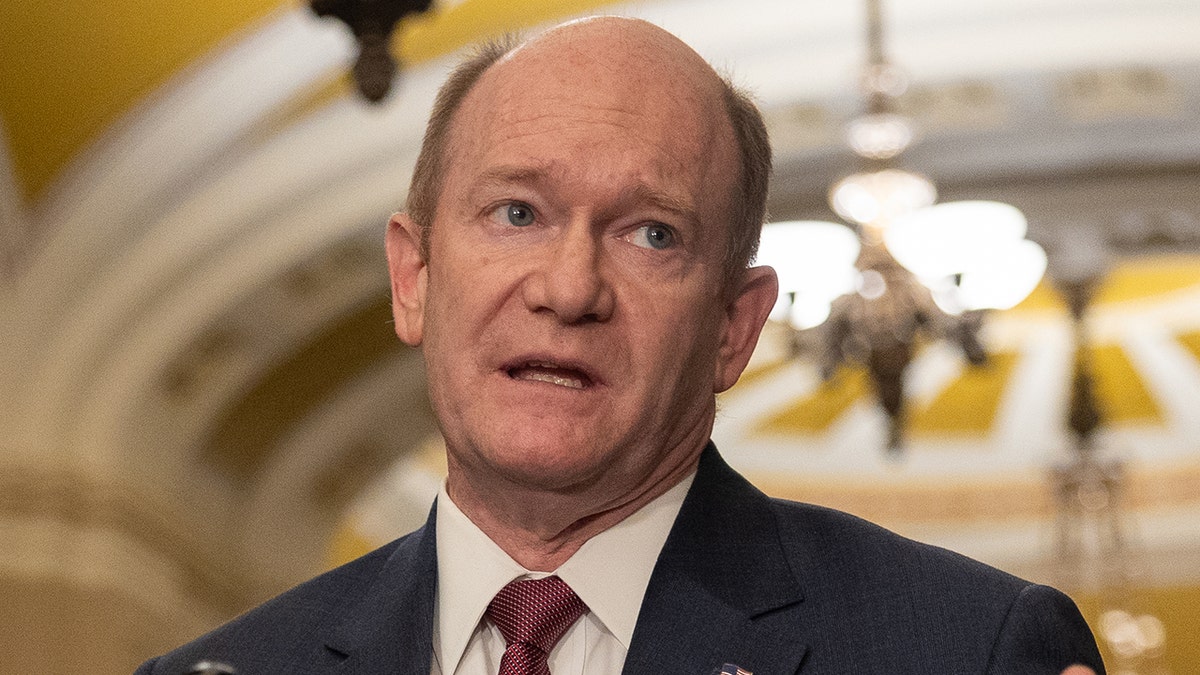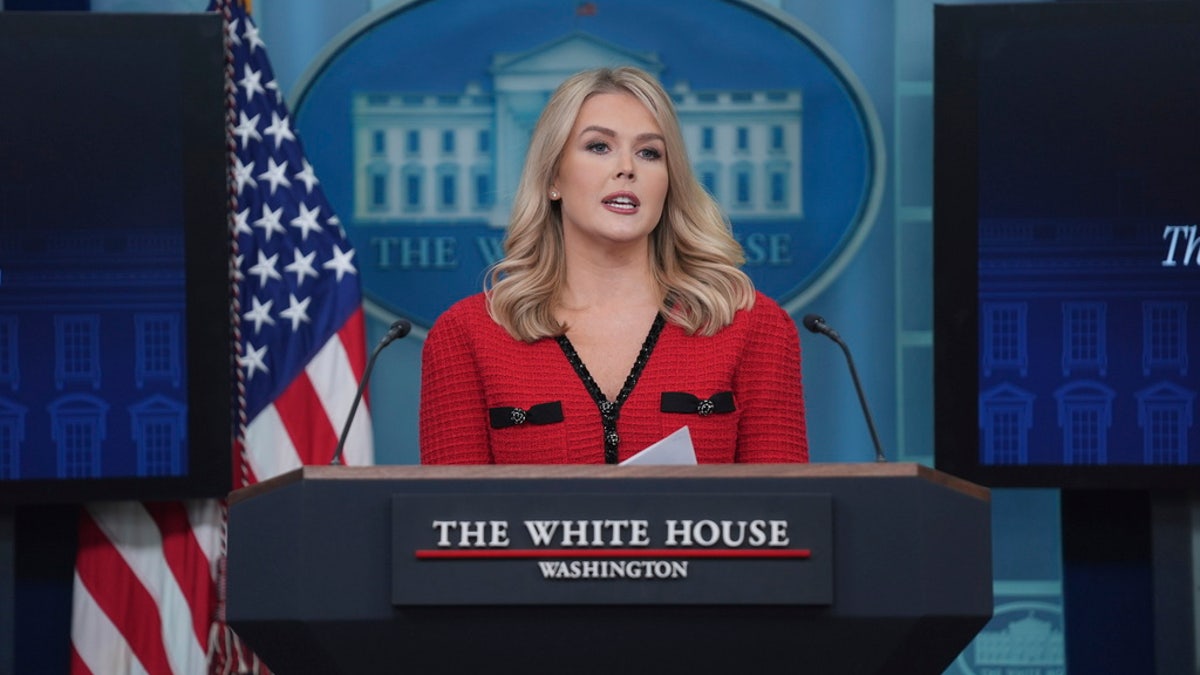President Trump's recently announced tariffs on goods from Mexico, Canada, and China have sparked concern among Democrats, who warn that American consumers will ultimately bear the brunt of these increased trade costs. The White House justified the tariffs, citing the influx of illegal fentanyl into the United States. A 25% tariff was initially proposed for all Mexican and Canadian imports, a 10% tariff on Canadian energy, and a 10% tariff on all Chinese imports.
While the tariffs on Mexico and Canada have been temporarily delayed following discussions about border security, the tariffs on Chinese goods have already taken effect. President Trump has acknowledged potential short-term disruptions but maintains that the tariffs are necessary. However, Democrats argue that these tariffs will lead to a substantial increase in costs for American households.

Senate Minority Leader Chuck Schumer criticized the President's actions, arguing that the tariffs will disproportionately impact American families while benefiting wealthy individuals. Schumer also expressed skepticism about the White House's justification for the tariffs, suggesting alternative solutions to address the fentanyl crisis exist without burdening consumers.
Several Democratic senators have proposed legislation to increase Congressional oversight of tariff implementations, requiring briefings on potential economic and foreign policy impacts. Sen. Chris Coons, a proponent of this legislation, warned that the tariffs represent a significant tax increase on Americans and could strain relationships with key allies. He also expressed concern about the potential for increased prices on everyday goods, impacting American consumers.

Experts predict that the tariffs could lead to price hikes on various food products, including avocados, dairy, and certain meats. This is due to the significant portion of these imports that originate from Canada and Mexico. Other Democratic representatives have also introduced legislation to limit the President's authority to impose tariffs using emergency powers.
President Trump, however, remains steadfast in his position, asserting that any short-term economic pain will be justified by the long-term benefits. While some Republicans share concerns about potential cost increases for consumers, others support the tariffs as a means to encourage changes in the behavior of other countries.

Following discussions with President Trump, both Mexico and Canada have agreed to take measures to address border security concerns. Mexico will deploy troops to the U.S.-Mexico border, and Canada has announced a significant investment in border security resources. Both countries have also temporarily suspended their retaliatory tariffs against the U.S. while negotiations continue.
Comments(0)
Top Comments